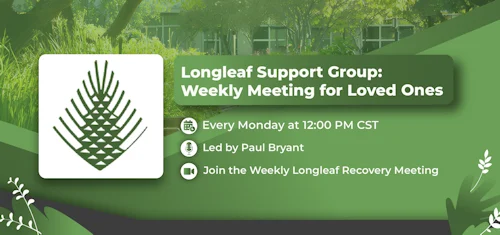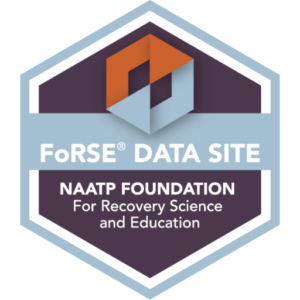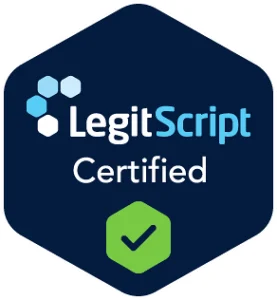Group therapy is a valuable part of addiction treatment that brings people together to share experiences and support one another. At Longleaf Recovery and Wellness, group sessions offer a space to learn, reflect, and build connections in a safe environment.
With guidance from trained professionals, individuals gain tools for recovery while hearing from others who understand what they’re going through. This shared process can make the path to healing feel more manageable.
Group therapy helps people see that others face similar struggles, which can ease feelings of isolation or shame. By connecting with others who truly understand, individuals begin to build trust, feel less isolated, and gain strength from shared experiences. Group therapy is often part of a larger treatment plan and can be as important as individual counseling or medical support. It offers a powerful opportunity to grow through connection and helps reduce the shame often associated with addiction.
How Group Therapy Supports the Recovery Process
The therapist helps participants recognize harmful thought patterns, set realistic goals, and manage triggers more effectively. Over time, individuals begin to adopt healthier habits, build stronger emotional resilience, and develop meaningful relationships. The group setting also encourages accountability.
Knowing that others are showing up and sharing their progress inspires participants to stay committed. Group therapy reinforces the idea that healing happens more easily with connection and shared support.
Types of Group Therapy Offered at Longleaf Recovery
- Psychoeducational Groups: These groups focus on teaching essential recovery skills. Sessions may include handouts, worksheets, and lessons on managing cravings, avoiding relapse, and building healthier habits.
- Process Groups: In these groups, individuals share their personal experiences, feelings, and challenges. The open discussion allows for peer support, feedback, and emotional growth.
- Cognitive-Behavioral Therapy (CBT) Groups: CBT groups help participants identify harmful thought patterns and change the behaviors that follow. The goal is to develop more balanced thinking and healthier decision-making.
- Dialectical Behavior Therapy (DBT) Groups: These groups focus on mindfulness, emotional regulation, and managing interpersonal conflict. DBT can be a valuable tool for people who struggle with overwhelming emotions or reacting quickly without thinking.
Specialized Groups: Longleaf offers group options for specific populations, including trauma survivors, women, LGBTQ+ individuals, and those with co-occurring mental health conditions. Each group provides a safe space for shared understanding and focused support.
Group Therapy for Dual Diagnosis and Co-Occurring Disorders
For individuals who live with both addiction and a mental health condition, group therapy can be especially helpful. These situations, often referred to as dual diagnosis or co-occurring disorders, require a thoughtful and integrated approach. At Longleaf Recovery, specialized group sessions are designed to address both issues at the same time.
Participants in these groups might be managing depression, anxiety, PTSD, or bipolar disorder, along with substance use. The therapist helps the group understand how these conditions interact and affect daily life. Members learn practical strategies to manage symptoms, avoid triggers, and improve emotional stability.
They also share personal stories that help others feel less alone in their struggles. Over time, individuals gain better insight into their challenges and learn how to build a more stable foundation for recovery.
What Are the Benefits of Group Therapy for Addiction and Mental Health?
Group therapy also encourages accountability. When participants see others working hard to stay sober, it motivates them to stay on track. Group members often celebrate each other’s progress, which boosts confidence and morale.
The therapist leads discussions about real-life challenges and helps the group practice healthier ways of thinking and coping. These shared learning experiences often result in stronger emotional resilience, better relationships, and greater self-awareness..
What to Expect in a Group Therapy Session
The therapist may introduce a specific topic, such as coping with stress or identifying triggers. Sometimes there are structured exercises or worksheets, while other times the focus is on open discussion. People are encouraged to share, but there is no pressure to speak before they are ready.
Listening is just as important as talking, and group members often find value in hearing others’ stories. Sessions typically last between one and two hours and are designed to be supportive, respectful, and helpful for everyone involved.
Group Therapy vs. Individual Therapy: Key Differences
Both group therapy and individual therapy are valuable parts of addiction treatment, but they serve different purposes. In individual therapy, a person meets privately with a therapist to explore their thoughts, behaviors, and emotions. It is a good place to explore personal history, trauma, and emotional patterns in depth. The therapist can tailor their approach based on one person’s unique needs and progress.
In contrast, group therapy provides a space to learn from others and practice new skills in a social setting. Group members give and receive feedback, share ideas, and work on communication.
Many people find that hearing different perspectives helps them see their own situation more clearly. Group therapy also builds a sense of community, which is important for long-term recovery. Some people benefit most from a mix of both types of therapy.
The Role of Peer Support in Healing from Addiction
Peers help hold each other accountable in a kind and honest way. They might pick up on changes, share honest feedback, or just be there to listen and understand. Over time, these relationships build trust, reduce feelings of loneliness, and create a sense of shared purpose.
People often leave group sessions feeling stronger because they are not facing addiction alone. Studies show that peer connection can lead to better treatment engagement and fewer relapses.
Insurances We Accept








Who Can Benefit from Group Therapy?
Group therapy is a great fit for people who want to learn from others, improve their social skills, or build a stronger emotional foundation. Even those who are unsure about sharing in a group often find comfort and insight just by listening. Over time, many begin to open up and feel more confident.
Why Choose Longleaf Recovery for Group Therapy in Alabama?
The center provides a range of group options, including day treatment, outpatient, and aftercare programs. Group sessions are a core part of the overall treatment plan and are adjusted as individuals progress in their recovery. Clients are never expected to walk this path alone. At Longleaf, healing happens together.







